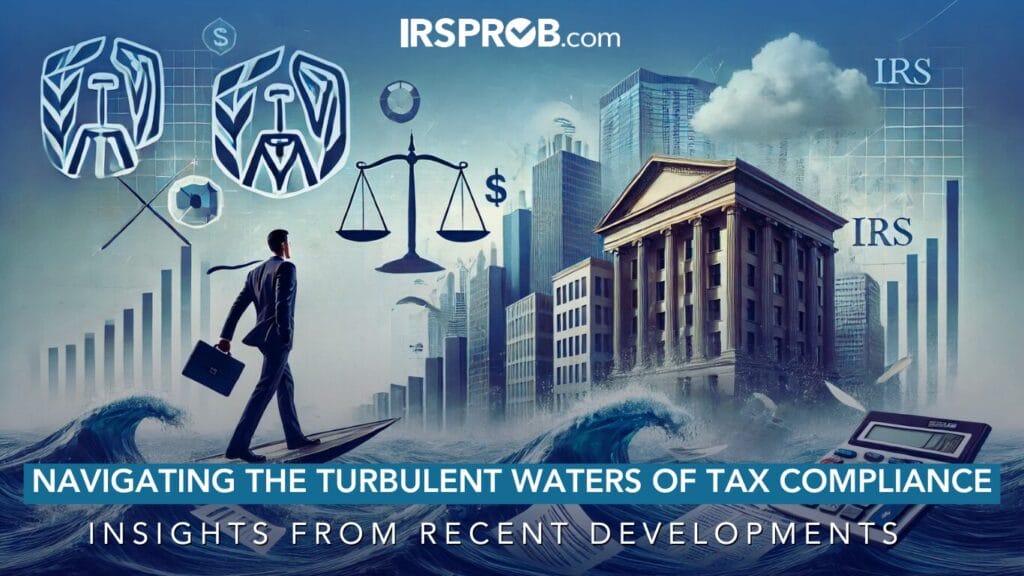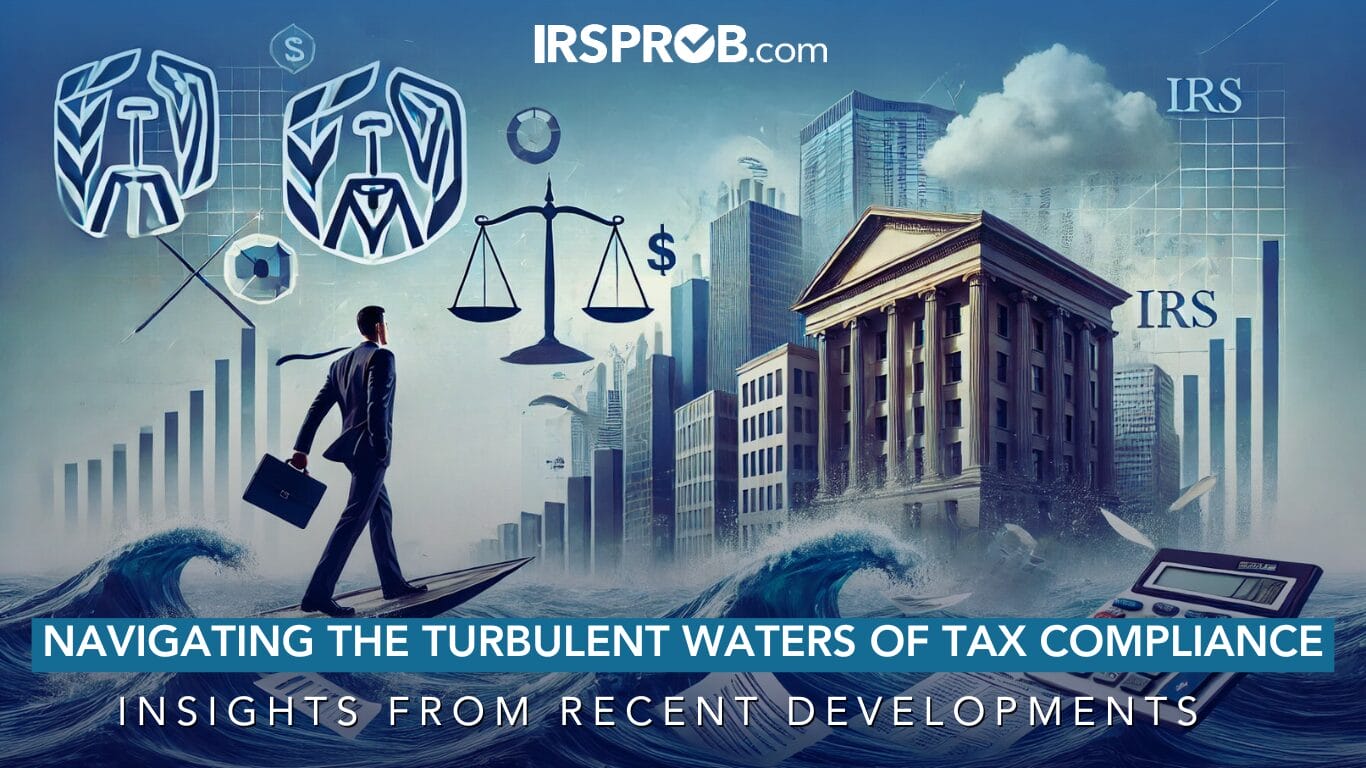
In the ever-evolving landscape of tax compliance, recent events involving high-profile figures highlight the complexities and challenges businesses face when it comes to their financial reporting and compliance obligations. A recent controversy surrounding Donald Trump Jr. has brought to light significant concerns regarding the contracts held by major accounting firms, particularly Deloitte, with government agencies.
The Issue at Hand
Trump Jr. has publicly criticized Deloitte’s contracts with the government, suggesting potential conflicts of interest and questioning the firm’s integrity in handling tax matters. This critique serves as a reminder of the importance of transparency and ethical practices within the accounting industry. As businesses navigate their tax obligations, understanding the implications of such high-stakes relationships can be crucial.
Implications for Business Owners
For business owners, the fallout from this controversy raises essential questions about their own accounting practices and the firms they choose to work with. Here are some key takeaways to consider:
- Due Diligence in Selecting Accounting Firms: Ensure that the accounting firm you choose has a solid reputation and adheres to ethical standards. Conduct thorough research, ask for references, and review their past performance and client feedback.
- Understanding Tax Compliance: As businesses, you are responsible for ensuring that your tax filings are accurate and comply with all regulations. This means staying informed about tax laws, deadlines, and potential changes that could impact your business.
- Risk Management: The controversy serves as a cautionary tale about the risks associated with poor accounting practices. Implement robust internal controls and procedures to safeguard against errors or fraudulent activities that could lead to tax liabilities or penalties.
- Transparency and Ethical Practices: Adopt a culture of transparency within your organization. This not only helps in building trust with stakeholders but also aligns with best practices in financial reporting and compliance.
- Staying Informed: Keep abreast of developments in the accounting and tax compliance landscape. Changes in regulations, high-profile controversies, or emerging trends can have implications for your business strategy.
Conclusion
As the debate surrounding accounting practices and tax compliance continues, business owners must remain vigilant in their financial dealings. The recent scrutiny of Deloitte’s contracts serves as a potent reminder of the critical role ethical practices play in maintaining trust and compliance within the industry. By prioritizing transparency, conducting due diligence, and staying informed, you can navigate the complexities of tax compliance with confidence.
For further insights and guidance on tax compliance and related topics, stay connected with IRSProb.com.









